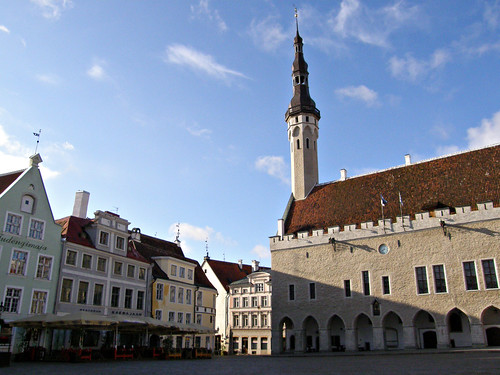Dr. Gemma Tur Ferrer from the School of Education of the University of the Balearic Islands, Spain, has recently launched her new personal website titled UNlearning & UNteaching. In her second post Gemma shares how much her work has been inspired by taking part in earlier editions of the PLE conference.
Thanks, Gemma… for this personal account and for supporting the ongoing discourse around PLEs with your contributions.

The name of my new site is especially dedicated to the PLE people … When I started my research life at University I happily attended the first PLE Conference. I didn’t know it was the UNconference with UNkeynoters. I just thought that the PLE UNstyle was the style… I learned so much and felt so at home that I felt I could manage in what was for me a new world.
I learned there that teaching and learning with technology means giving the power to the learner; that technologically-based teaching methodologies have to be student-centred and aimed at self-regulated learning or it is not worth using ICT. I learned that the PLE was a pedagogical approach and that its research is devoted to understanding how to transform the learning process with technology. And it has changed the way I understand learning and teaching now in the emergent new educational contexts with technology. Reading and listening to scholars in educational technology at the PLE Conference means learning about relevant social and educational research.
Therefore, there was no other option for me but to dedicate my site to the PLE Conference… UNlearning and UNteaching for me is the only way to carry out research related to transformational educational practices with ICT. And this is something, which along with the PLE people, I will work hard to achieve.
By the way, are you attending the PLE Conference 2014? I think you should consider attending it
We sincerely hope that this years edition of #PLEConf provides more experiences of this kind.
Come and join us in beautiful Tallinn in July for some great (un)conferencing on Personal Learning Environments… and beyond.
Dr. Sebastian HD Fiedler – Tallinn Conference Chair




